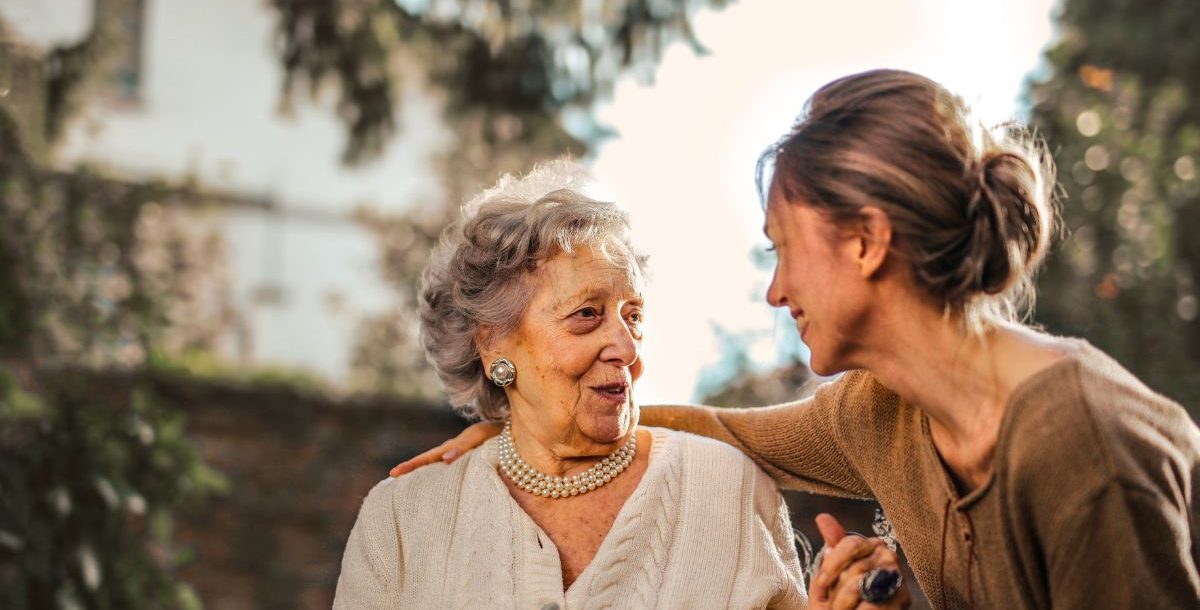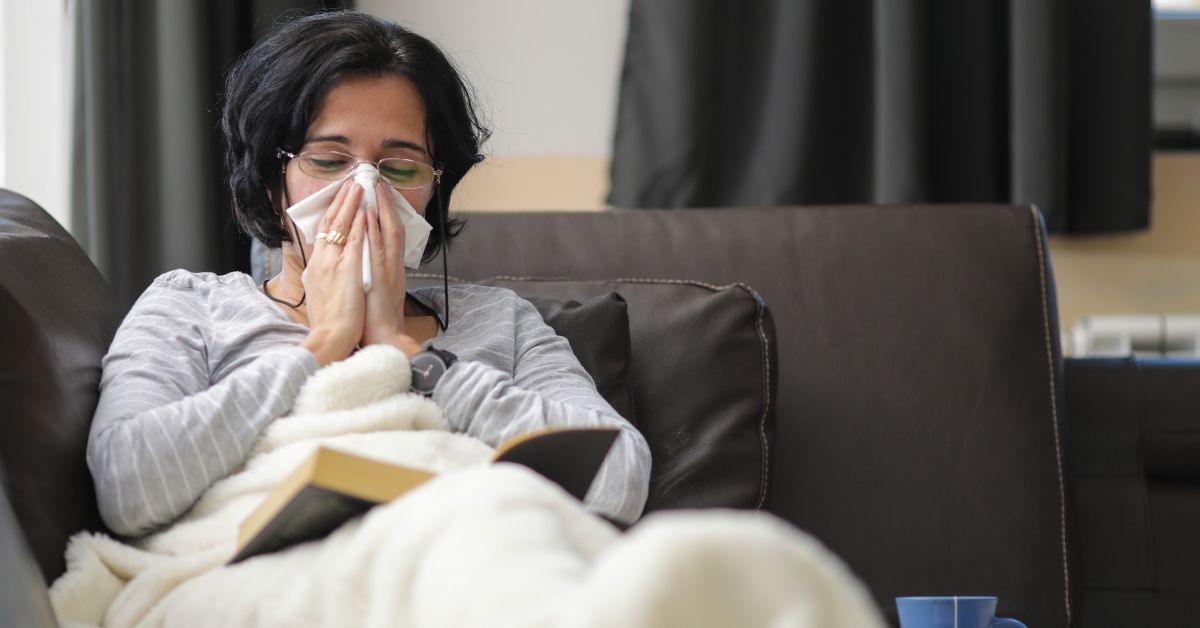Caregiver stress is very real. That is why caregiver self-care is so important.
Between taking a loved one to their medical appointments, picking up their medications, helping them around their house, getting their groceries and making sure all their needs are met, caregiving is a full-time job.
Additionally, there are a lot of emotions that come with caring for a loved one who is experiencing ongoing health problems. This mental load can include everything from feeling depressed watching your family member go through this difficult time to feeling guilty that you aren’t doing enough to help the situation.
First and foremost, caregivers need to remember to take care of themselves.
You know the saying on airplanes, “put your own oxygen mask on before assisting others.” The same rule applies when it comes to caregiving. If you are not at your best, you cannot be your best for your loved one that needs you. And no matter how strong you think you are, caregiving without practicing self-care will eventually take a toll on your mental and physical health and lead to burnout.
The following are a few tips for implementing caregiver self-care practices into your daily life.
Eat right and exercise
This might seem obvious, but for people busy caring for a loved one, a healthy diet and daily activity are typically the first two things to go out the window. Ironically enough, eating right and exercising are two great ways you can practice self-care and set yourself up for success each day.
Both these things can help reduce stress and burnout mentally. And because caregiving can come with physical demands, these two things will also help keep you in shape physically as well.
Find other helpers
Most caregivers feel they need to do it all on their own. This is not the case, so don’t be afraid to ask for help. Reach out to your loved one’s network: other family members, their friends, their neighbors or fellow church members. Chances are they have other individuals in their lives that would love to help them out. Maybe these individuals can help by making meals, doing household chores or even coming to visit with your loved one once or twice a week.
Finding other people to help your loved one takes the full pressure off of you. Just because you are caregiving doesn’t mean the rest of the demands of your life, such as your job and kids, stop. So, getting help from others gives yourself back time to make sure you are still getting done what you need to accomplish in your own life.
Take time for yourself
Alone time – yet another thing that is usually quick to go out the window with caregiving. This can happen because you feel there are no hours left in the day for it. It can also happen because as a caregiver, it is easy to feel guilty taking time for yourself when it could be time spent with your loved one.
Regardless of the reason, nothing is a good excuse for not taking time for yourself. Each day, even if it is just for a few minutes, spend time by yourself doing something that you enjoy. Maybe this is reading a book, painting, drawing, journaling, listening to music or doing a guided meditation. Again, the only stipulation is that this needs to be something just for you that you love. It is time well spent as it is one of the best ways you can rest and recharge.
Additionally, it is important to note that sleep deprivation is very common for caregivers. So, be sure you are always prioritizing a good night of sleep.
Join a support group
Lots of people are a caregiver for a loved one at one point or another. If you feel it would be helpful to talk to people in a similar situation as you, check out resource centers in your area to find a caregiving support group. Here, you can discuss any specific caregiving problems or difficulties you are facing and get advice from others who understand what you are going through. Plus, this time with your group is time you are taking just for yourself.
And if you are really mentally struggling with the pressures of caregiving or your loved one’s diagnosis, it might be time to seek professional one-on-one care from a mental health professional. Some warning signs to look out for include loss of appetite, difficulty sleeping, changes in mood, concentration problems and loss of interest in things you once enjoyed.
Stay positive
Don’t let those tough days and moments of caregiving get you down. Know that no matter what, the care you are providing is making a difference.
Stick to any personal boundaries, be realistic with your expectations and, above all else, love on your loved one and enjoy your time with them.
We hope these caregiver self-care tips help you navigate your time. And if you need additional help, we are here.
Learn about the behavioral and mental health services we provide at Bon Secours.





